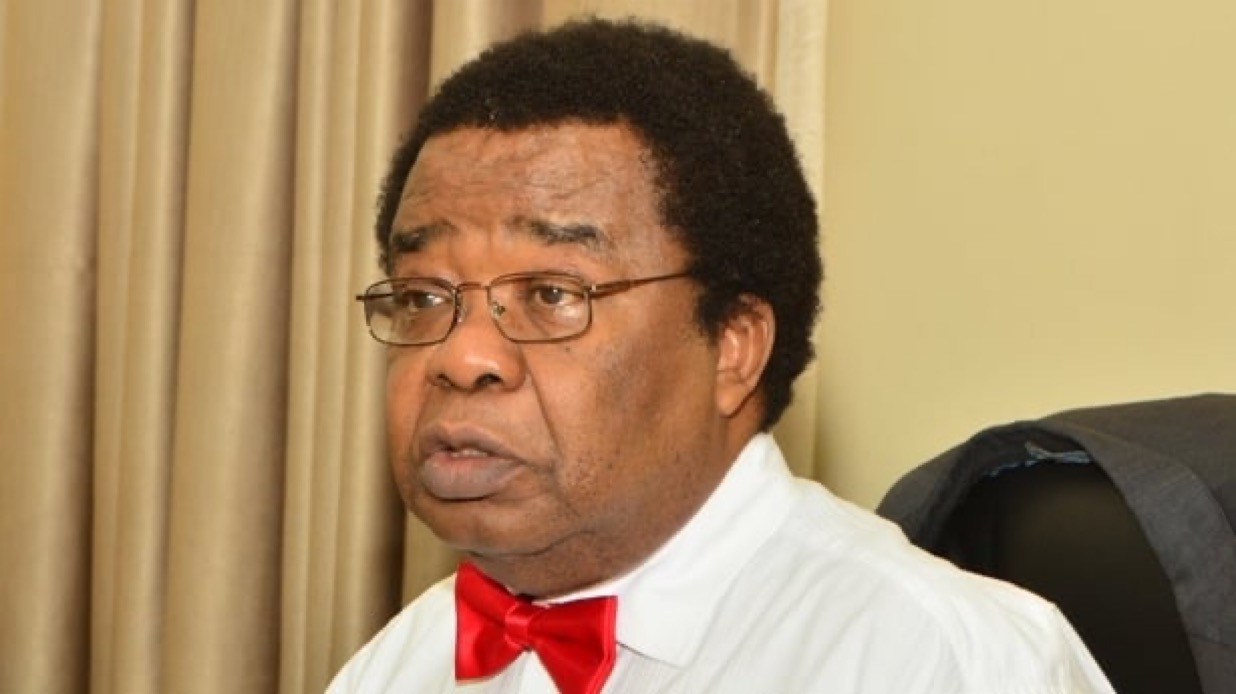
Tonto Dikeh Sends Stern Warning to Online Vendors After Unpleasant Experience: “No Panic, My People”

Nollywood actress and humanitarian Tonto Dikeh has once again captured public attention—not with a blockbuster movie or philanthropic act this time, but through a bold and candid statement about her recent encounter with an online vendor. Known for her outspokenness and fearless attitude, Tonto took to her social media platform with a fiery message that quickly began circulating across Nigerian digital spaces: “Online vendors go whine you but my sisters and brothers no panic.”
The actress, who has long been a figure of both admiration and controversy, made this declaration following what she described as an unpleasant experience with an online business. While she stopped short of naming the specific vendor or revealing the exact nature of the incident, her tone left no room for ambiguity—she was wronged, and she was speaking out not just for herself but for countless other Nigerians who have fallen victim to dubious online sales practices.
Her words struck a chord. In a country where digital commerce is booming, particularly on social media platforms like Instagram and WhatsApp, stories of customers being duped by unverified online sellers are unfortunately common. From fake products to undelivered goods and ghost vendors who disappear once payment is made, Nigerians have seen it all. And now, with a voice as prominent as Tonto Dikeh’s bringing the issue back into the spotlight, it’s no wonder her message resonated deeply.
“Online vendors go whine you”—a mix of Pidgin English and streetwise wisdom—encapsulates a hard truth. The phrase implies that many online sellers are not entirely honest in their dealings, and customers should be wary of being taken for a ride. Tonto’s follow-up phrase, “but my sisters and brothers no panic,” added a comforting touch, urging her fans and fellow Nigerians not to panic but to remain cautious and perhaps even empowered in the face of potential deceit.
Her message has been widely interpreted as both a warning and a rallying cry. Social media erupted with responses almost instantly, with many users sharing their own horror stories and bitter experiences with online vendors. Others praised Tonto for speaking out and using her platform to highlight a growing problem that continues to affect everyday Nigerians.
Tonto Dikeh has never been one to shy away from confrontation, especially when it involves injustice or unethical behavior. Whether she’s addressing domestic abuse, political issues, or societal inequalities, her voice remains unmistakably bold. In this latest case, while the specifics remain unclear, the core of her message is being hailed as a much-needed reminder in an era where digital convenience often overshadows caution.
Interestingly, this isn’t the first time celebrities have clashed with online vendors. In recent years, several Nigerian stars have taken to social media to expose fraudulent or unprofessional behavior from brands and businesses operating online. However, what sets Tonto’s statement apart is the cultural impact of her phrasing and the raw authenticity of her delivery. It wasn’t just a complaint—it was a message rooted in shared experience, and it carried the tone of someone speaking from the heart, not just from a platform.
In a time when economic challenges are pushing more Nigerians toward entrepreneurship, many have turned to online platforms to build and run businesses. And while a large number of these vendors operate with integrity and professionalism, the unfortunate truth is that the digital space remains largely unregulated, making it a breeding ground for scams and exploitation. Tonto’s post is a reminder that amid the hustle, accountability must remain a top priority.
What’s perhaps most telling about this moment is how quickly it evolved into a community conversation. Within hours of her post, hashtags like #OnlineVendorWahala and #NoPanic began trending on X (formerly Twitter) and Instagram. Users flooded the comment sections with testimonials, advice, and, in some cases, calls for a more formal review system or rating platform for online businesses in Nigeria. Some even tagged regulatory bodies like the Federal Competition and Consumer Protection Commission (FCCPC), urging them to look into consumer protection in the digital marketplace.
For some fans, Tonto’s words served as a cautionary tale, while for others, it was a cathartic moment—validation from someone in the spotlight who had endured what they had. The emotional resonance of her statement, punctuated by the use of everyday Nigerian slang, created a powerful connection between celebrity and citizen. In a world often divided by status, her words were a reminder that everyone, no matter how famous, is vulnerable to the risks of online transactions.
Whether Tonto will pursue legal action or make a follow-up statement remains to be seen. But if her history is anything to go by, this likely won’t be the end of the story. The actress has a track record of pursuing justice and pushing for reforms, especially when her personal experiences reflect a broader societal issue. Her foundation, The Tonto Dikeh Foundation, has in the past worked to educate and empower Nigerian youth, and some fans are already speculating that she may take up digital consumer rights as her next advocacy focus.
Meanwhile, for many Nigerian online vendors, her post serves as a wake-up call. The spotlight is now shining on the ethics of online selling, and consumers are more alert than ever. Vendors are being reminded that transparency, honesty, and customer service are not optional—they are essential. In an economy where word of mouth and social media clout can make or break a business, trust is currency, and bad reviews spread faster than ever.
As Nigerians continue to navigate the increasingly digital marketplace, Tonto Dikeh’s bold statement may just mark a turning point. It’s not every day that a celebrity uses their voice to highlight a common struggle, and it’s even rarer for that message to ignite such widespread dialogue.
For now, the nation watches—and listens. One thing is clear: “Online vendors go whine you, but my sisters and brothers, no panic” has already transcended a simple Instagram caption. It has become a cultural moment, a phrase of caution, and possibly the spark of a wider movement for online consumer protection in Nigeria.
Tonto has spoken. The people have responded. And the conversation is far from over.


